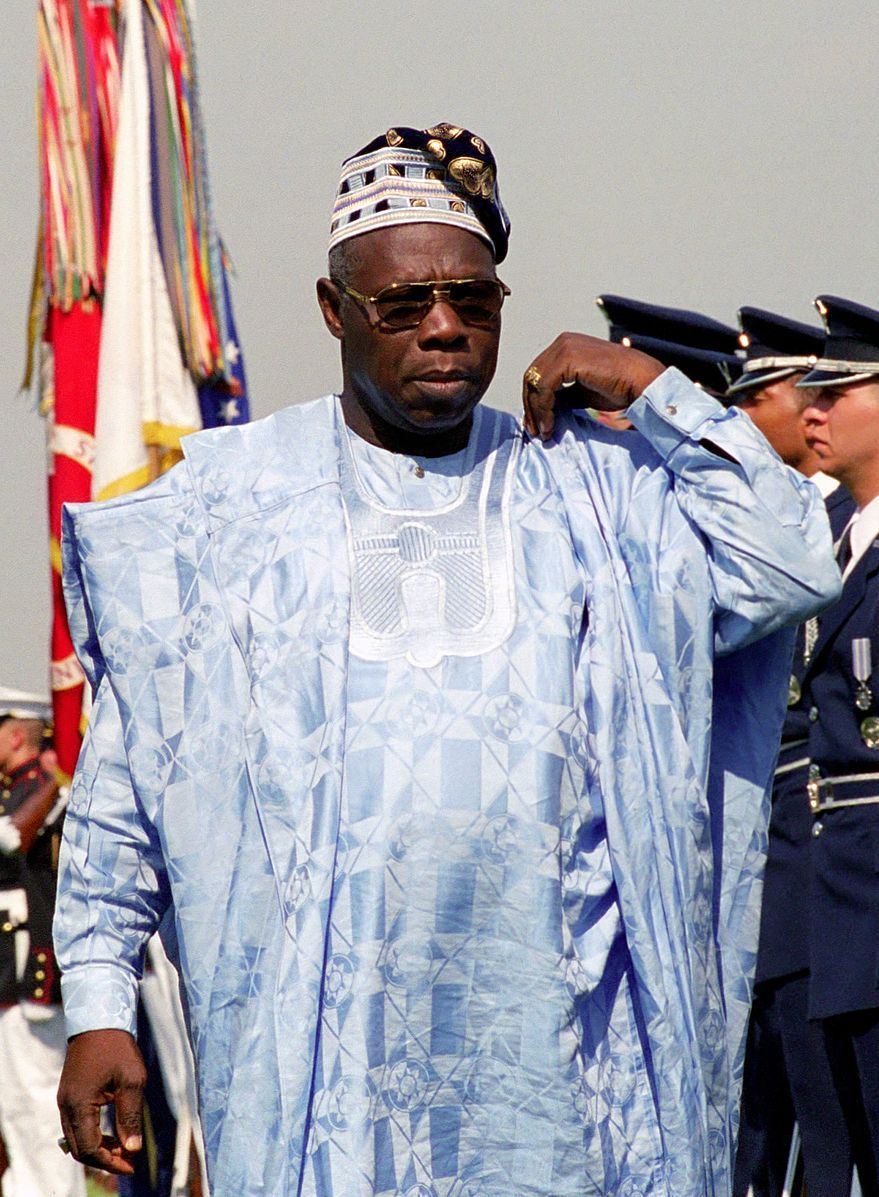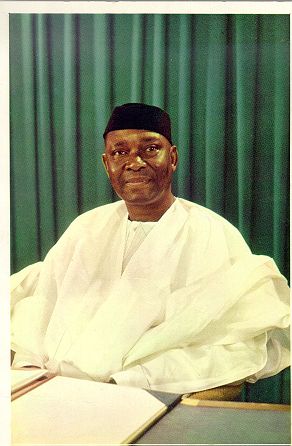Goodluck Jonathan: Leading Nigeria through Transformation and Challenges

Goodluck Jonathan, Nigeria's tenth president, assumed office during a period of immense challenges and opportunities. Serving as president from 2010 to 2015, Jonathan's leadership was marked by significant socio-political and economic transformations. This article delves into Jonathan's life, his presidency, and the key initiatives and challenges he faced during his tenure. From his focus on electoral reforms and economic development to the challenges of insurgency and corruption, Jonathan's leadership left a lasting impact on Nigeria's political landscape.
Early Life, Education, and Political Beginnings: Goodluck Jonathan was born on November 20, 1957, in Ogbia, Bayelsa State, Nigeria. He pursued his education in various institutions in Nigeria and earned a Ph.D. in Zoology. Jonathan's political journey began in the late 1990s when he served in various capacities, including as deputy governor and governor of Bayelsa State. His calm demeanor and reputation for integrity positioned him as a rising political figure within Nigeria.
Presidential Ascendancy and Electoral Reforms: Jonathan assumed the presidency in 2010 after the unfortunate passing of President Umaru Musa Yar'Adua. One of his notable achievements was his commitment to electoral reforms, as he recognized the importance of transparent and credible elections for Nigeria's democratic progress. Under Jonathan's administration, significant efforts were made to improve the electoral process, enhance voter registration, and strengthen the independence of the electoral commission.
Jonathan's commitment to free and fair elections was evident in the 2011 general elections, which were widely regarded as one of Nigeria's most credible elections in recent history. This demonstrated his dedication to ensuring the democratic will of the people was respected and reflected in the electoral outcomes.
Socio-Economic Reforms and Economic Challenges: Jonathan's presidency witnessed notable socio-economic reforms aimed at fostering inclusive growth and development. His administration launched the Transformation Agenda, which sought to address critical sectors such as infrastructure, agriculture, power, education, and healthcare. Initiatives like the YouWin! program, which supported young entrepreneurs, and the Agricultural Transformation Agenda aimed to boost job creation and reduce poverty.
However, Jonathan's presidency also faced significant economic challenges, particularly during his later years in office. Plummeting oil prices, mismanagement of resources, and corruption allegations hindered the government's efforts to fully achieve its socio-economic objectives. Despite these challenges, Jonathan's administration made some strides in infrastructure development, with significant investments in road construction, power generation, and railway expansion.
Insurgency and Security Challenges: One of the most daunting challenges during Jonathan's presidency was the rise of the Boko Haram insurgency. The violent extremist group carried out numerous attacks, leading to loss of lives, displacement, and destabilization in northeastern Nigeria. Jonathan's administration faced criticism for its initial response to the insurgency, with accusations of inadequate measures to address the growing threat.
However, the government later intensified efforts to combat Boko Haram through increased military operations and regional cooperation. Jonathan's administration also launched initiatives to address the underlying socio-economic factors that contributed to the insurgency, such as poverty and lack of educational opportunities.
Goodluck Jonathan's presidency marked a transformative period in Nigeria's history, characterized by significant socio-political and economic developments. His commitment to electoral reforms and his focus on inclusive growth and development left a lasting impact on Nigeria's democratic progress and socio-economic landscape. Despite the challenges faced during his tenure, Jonathan's leadership and reforms set the stage for subsequent administrations to build upon. His presidency serves as a reminder of the complexities and opportunities inherent in Nigeria's journey toward stability, democracy, and sustainable development.


